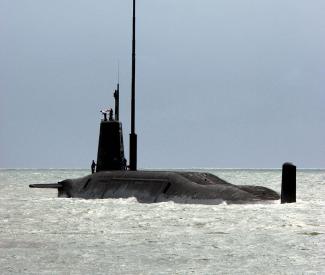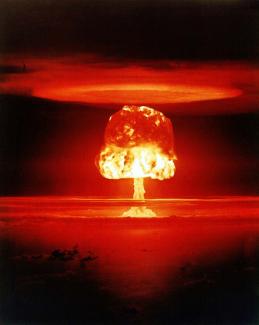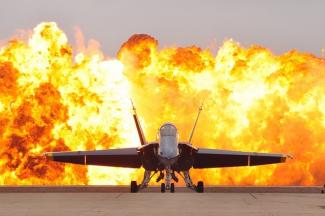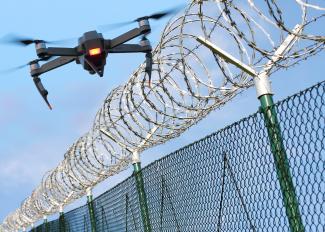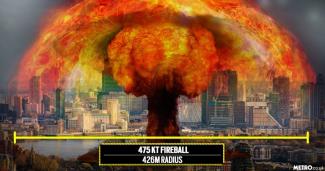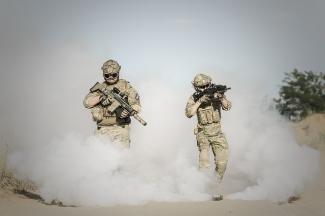Issues: Security and disarmament
Security and disarmament
SGR produces a range of resources on the issue of 'security and disarmament'. This covers military technologies, arms control and disarmament (esp. nuclear weapons and other weapons of mass destruction, ‘Missile Defense’, conventional weapons) - as well as alternative concepts of security, peace building and conflict prevention.
Scientists and engineers have a central role in the development of weapons and therefore share a special responsibilty to society. SGR's project work has investigated the extensive influence that the military has over science and technology.
